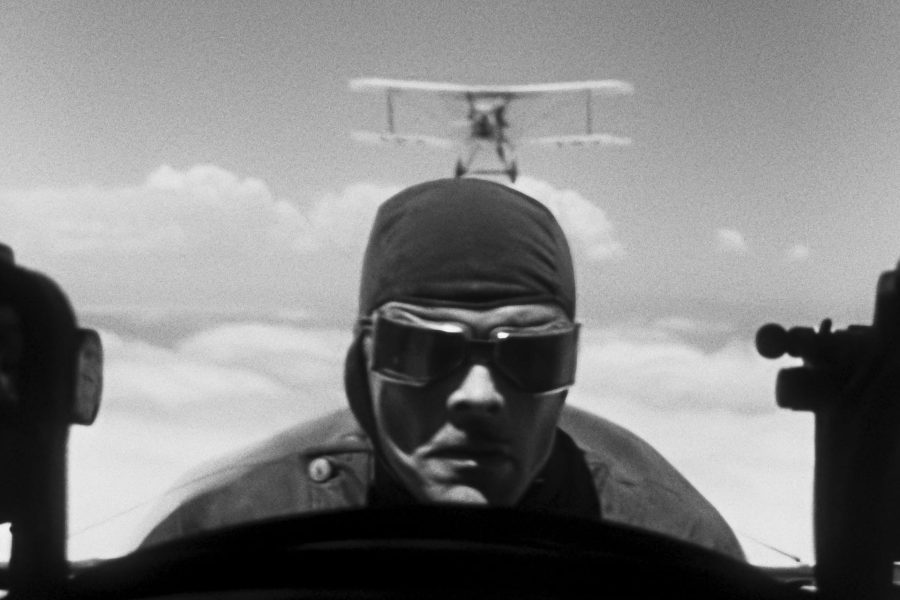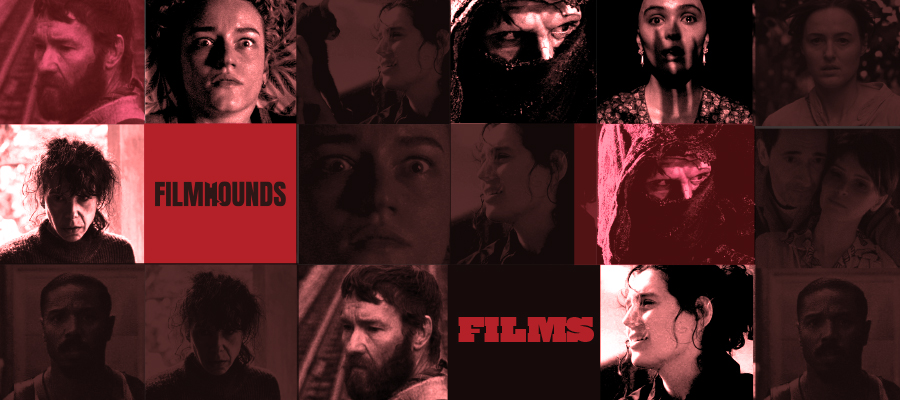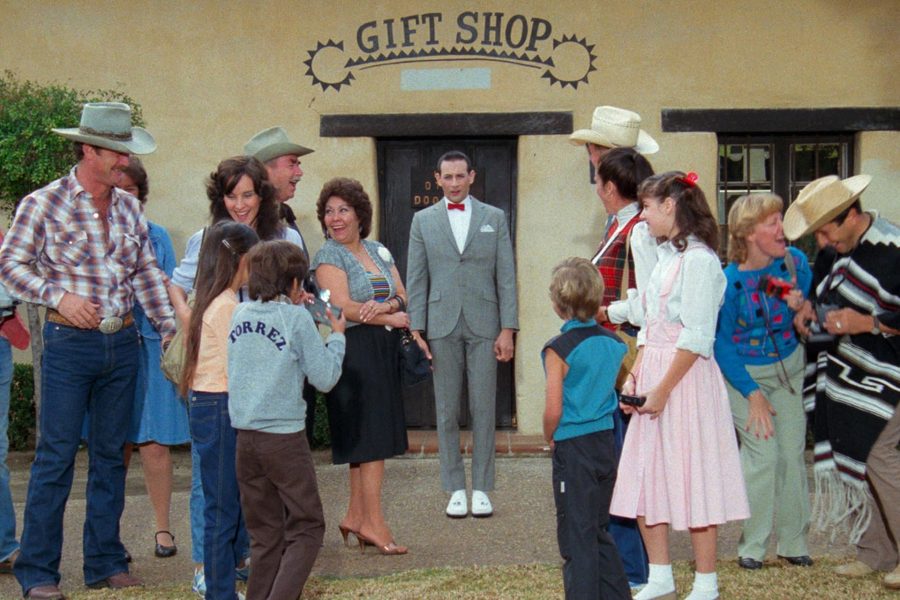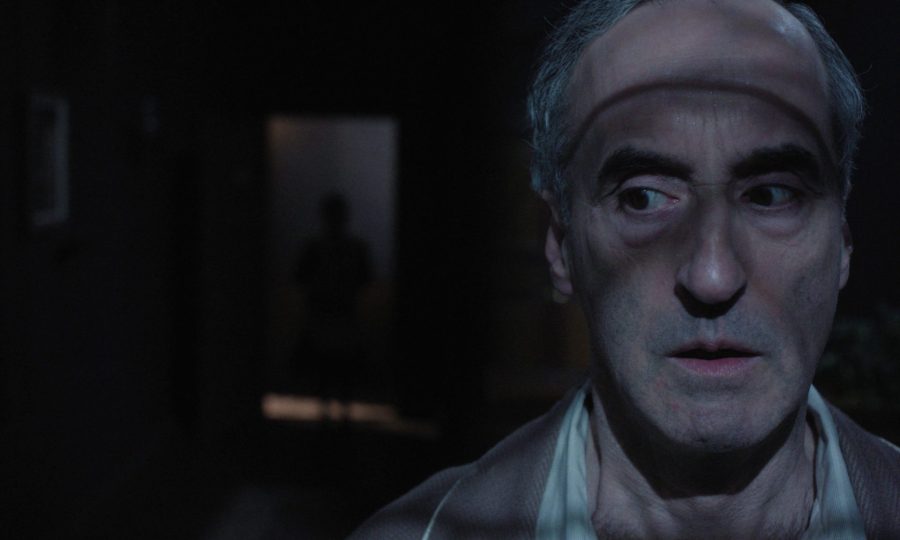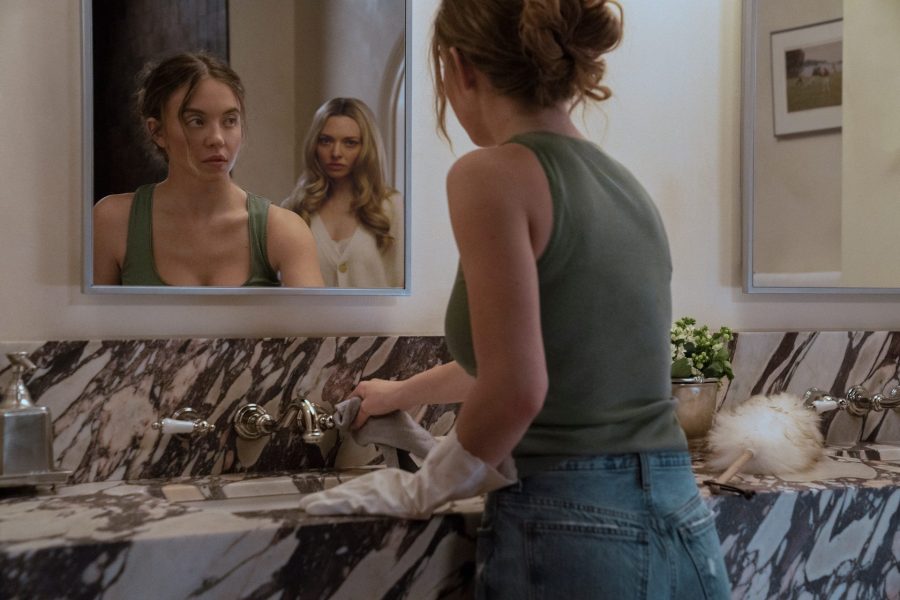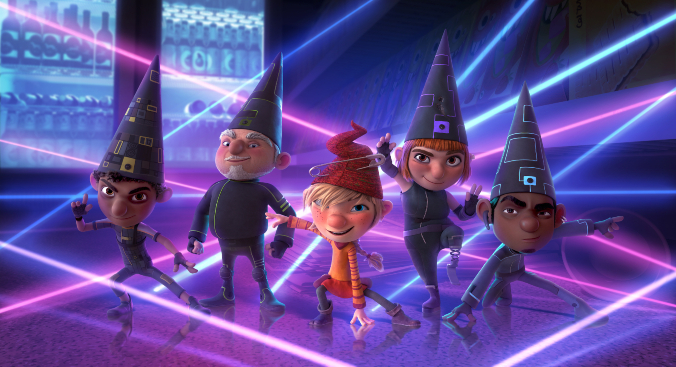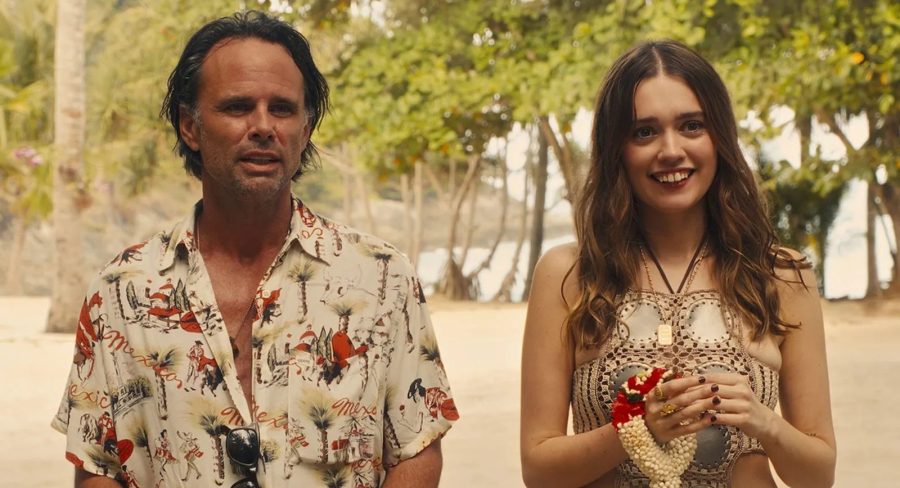No director uses music quite like Martin Scorsese, and his underrated 1995 movie Casino, adapted from Nicholas Pileggi's book Casino: Love and Honor in Las Vegas, demonstrates this perfectly. The film is a sprawling account of two decades in the existence of the Las Vegas mob, sporting memorable performances from Scorsese regulars Robert De Niro and Joe Pesci, plus a career-best from Sharon Stone.
Graced by Robert Richardson's sleek cinematography, Casino lures us in with the visual seduction of pure greed before later horrifying us with the inevitable fall from grace. More than just the inferior flip side to Scorsese's seminal GoodFellas (1990), this hard-hitting masterpiece has a host of memorable weapons in its arsenal, not least its glitteringly eclectic soundtrack. From jazz to rock and classic orchestral overtures, here are Casino's 30 best needle-drops to celebrate its 30th anniversary.
1. St Matthew Passion, J.S. Bach
Bach's seminal oratorio from 1727 majestically compliments Saul and Elaine Bass's striking opening credits, immediately establishing an air of violent portent and recriminations. The movie is structured as an extended flashback from the position of mob associate and fixer Sam ‘Ace' Rothstein (De Niro), so one images the music is depicting Sam's reconciliation with his inner demons.
2. Angelina, Louis Prima
Scorsese's sense of musical specificity is remarkable. He immediately locates us in the decadent Las Vegas of the 1970s via the sound of classic jazz/swing artist Louis Prima (voice of King Louie in The Jungle Book) whose work was a staple of the period.
3. Zooma Zooma, Louis Prima
Once again, Prima's period-specific groove audibly pulls us into the physical world of the casino and the figurative allure of Sam's gilded gangster existence, before it all later goes to hell.
4. Fa-Fa-Fa-Fa-Fa (Sad Song), Otis Redding
Scorsese loves black comedy and irony in his needle-drop choices. The juxtaposition of Otis Redding's expressivity with the ruthless impassivity of the Las Vegas mob bosses, all of whom dwell in the back of a Kansas City warehouse, is just such an example.
5. Moonglow and Love Theme from Picnic, Eddie DeLange, Will Hudson, Irving Mills/Morris Stoloff
It's not all pop and jazz in Casino. This classic instrumental medley from from 1956 lends ironic wonder and grandeur to the free-flowing introduction to the casino's count room, as relayed by Pesci's dangerously reckless wild card Nicky Santoro.
6. You're Nobody ‘Til Somebody Loves You, Dean Martin
Dean Martin and the Rat Pack were synonymous with the Las Vegas music scene, so he's the perfect artist to accompany the skimming operation as the money leaves the count room en route back to the bosses in Kansas City.
7. Hoochie Coochie Man, Muddy Waters
This blues standard from 1954 is another sign of Scorsese's fabulous musical world-building. Early in Casino, rhythm, blues and jazz palpably locate us in a Las Vegas era that has been lost, the soundtrack later pivoting to rock and roll as things decline at breakneck speed.
8. Long Long While, The Rolling Stones
Off-setting lyrics of regret and introspection against a scene of extreme violence? It has to be Scorsese, here deploying the Rolling Stones hit as Nicky attacks a hapless man with a pen.
9. The ‘In' Crowd, Ramsey Lewis
The montage scenes in Casino are a thing of beauty, often led by the rhythmic intricacies, ebbs and flows of the song choices. Here we have Ramsey Lewis as Ace entraps a Japanese high roller to keep playing in the casino.
10. Sing, Sing, Sing (With a Swing), Louis Prima
You might think Scorsese has a thing for Louis Prima's music. Very often a song will be deeply embedded in a scene, as in this sequence in which Sam is told how to operate without a valid gaming licence.
11. Takes Two to Tango, Ray Charles and Betty Carter
Nicky's marital life meets a hair-bound diamond heist in one of the film's funniest sequences. The duo of Charles and Carter on the soundtrack further underlines the absurdism that often comes with a gangster lifestyle.
12. Slippin' and Slidin', Little Richard
The raucous tones of Little Richard act as the perfect introduction to Ginger's (Sharon Stone) chaotic introduction, stealing poker chips and then launching them in the air as Sam watches, utterly entranced.
13. Love is Strange, Mickey & Sylvia
Here we have the onset of the film's doomed romance between Sam and Ginger: a freeze frame on a smiling Sharon Stone to the guitar twang of R&B classic Love is Strange. It's pure cinematic magic, aided by the typical strong work of Scorsese's regular editor Thelma Schoonmaker.
14. Unforgettable, Dinah Washington and Eddie Chamblee & His Orchestra
The sequences of Sam and Ginger's courtship are earmarked by dream jazzy and blues instrumentals such as this. It makes the later slide into chaotic mania all the more shocking.
15. What a Difference a Day Makes, Dinah Washington
Scorsese doesn't just pick songs; he relays a character arc through the sweep of a given soundtrack. Dinah Washington's lushly emphatic vocals show us how the duplicitous Ginger is won over by Sam's mob lifestyle.
16. Walk on the Wild Side, Jimmy Smith
Jazz musician Jimmy Smith's 1962 cover of the Mack David/Elmer Bernstein staple is cautionary in its own way. Listen to those lyrics: it speaks of the seductive qualities of a mobster's existence.
17. Gimme Shelter, The Rolling Stones
This marks the second time Scorsese used the Stones' classic rock tune. The first was in Goodfellas, and he also reprised it in 2006's The Departed. In Casino, Scorsese uses both the 1995 live iteration and the original studio version.
18. Love is the Drug, Roxy Music
As we advance through the 1970s, the film's musical sensibilities begin to shift. Glam rock is the order of the day as the use of Roxy Music anticipates the downfall of Sam, Nicky and Ginger.
19. Sweet Dreams, Emmylou Harris
There's nothing like a winsome Emmylou Harris number to accompany the words of a raging gangster, Nicky, who has ended up in the FBI's notorious ‘black book' alongside Al Capone.
20. Those Were the Days, Cream
Sam's innate hubris comes to the fore and initiates his ultimate collapse when he fires an incompetent worker. Cream's energetic syncopation perfectly assays Sam's nervous frenzy.
21. Also Sprach Zarathustra, Richard Strauss and the Chicago Symphony Orchestra
Strauss's unmistakeable work opened Stanley Kubrick's 2001: A Space Odyssey to glorious effect. Scorsese inverts that to wry effect by using the piece to open the flailing Sam's awful TV show, Ace's High.
22. The Flight of the Bumblebee, Nikolai Rimsky-Korsakov
‘Oh, Jesus, he's juggling!' Rimsky-Korsakov's landmark turn-of-the-20th-century orchestral work underscores the dissonant emotional rhythms of Sam's mob employers as they witness him making a fool of himself on live television.
23. Camille's Theme from Le Mepris, Georges Delerue
Georges Delerue was the master of the heart-wrenching melody. Scorsese's use of the gorgeous Theme de Camille (used three times in the movie, including the Sam/Nicky desert meeting) from Jean-Luc Godard's 1963 film Contempt its in characteristically ironic juxtaposition to the lives of Casino's violent characters.
24. Whip It, Devo
Out with the old, in with the new: Devo's energetic syncopation and synths plunge us headlong into the 1980s, accompanied by a fabulous overhead shot of gangsters in motion striding across a zebra-striped carpet.
25. Ain't Got No Home, Clarence ‘Frogman' Henry
Scorsese's musical toolbox regularly yields obscure gems. This is one of the best: a growling rhythm and blues number that lends dark humour and unpredictability to Nicky's fury at the casino's blackjack table.
26. Go Your Own Way, Fleetwood Mac
The tapestry of music in Casino is often diegetic, in other words, originating in the context of a given scene. Fleetwood Mac's classic is heard on a car radio when Sam consults with Nicky as to his daughter's kidnapping at Ginger's hands.
27. I'm Sorry, Brenda Lee
Brenda Lee may be apologetic. However, Ginger's unrepentant return to her slimy pimp Lester Diamond (James Woods) is anything but, another example of Scorsese's humour through music.
28. The Thrill is Gone, B.B. King
One suspects that Scorsese picks songs based on the accuracy of their lyrics. Either way. B.B. King's soulful vocals sit in strained opposition to Ginger's erratic, coke-fuelled collapse as she attempts to turn Nicky against his old friend Sam.
29. Who Can I Turn To (When Nobody Needs Me), Tony Bennett
Tony Bennett opened Scorsese's Goodfellas with a note of bombastically ironic triumph. Here, Bennett's music is used to even darker effect to starkly underscore the vicious collapse of Sam and Ginger's marriage.
30. House of the Rising Sun, The Animals
Scorsese saves the best montage until last, depicting the violent fall from grace as Nicky and the rest of the mob racket are horribly executed. Scorsese's dispassionate directorial stance is given added punch via the psychedelia of The Animals whose lyrics and anguished tone signal the close of a turbulent chapter in American mob history.


